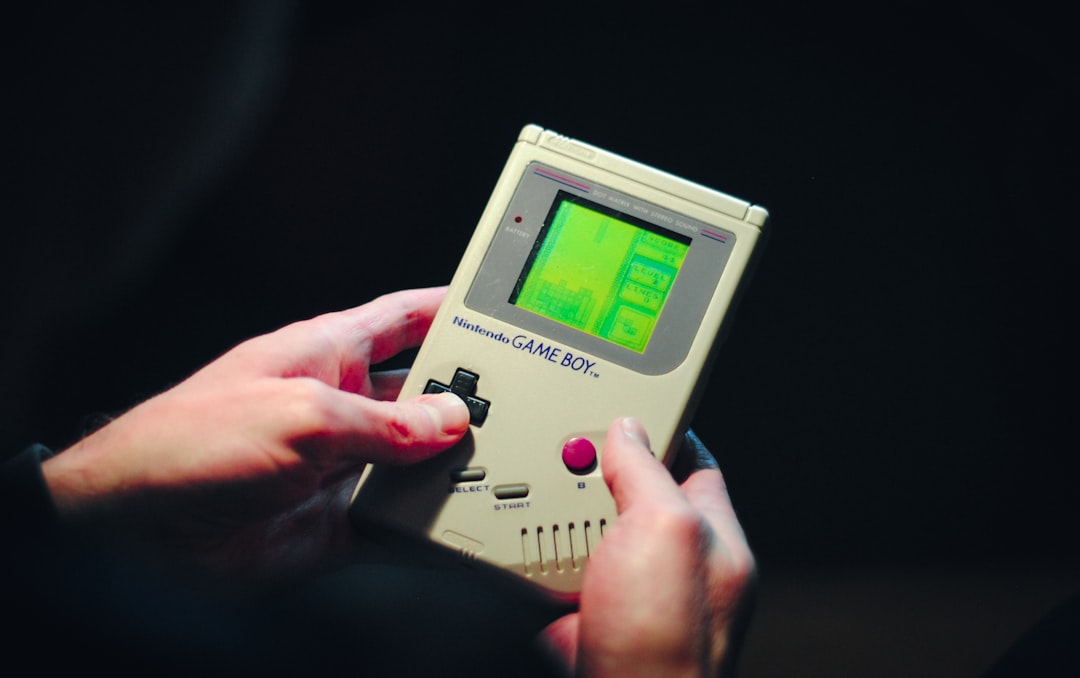How to start redesigning the workplace
Why we need to change our Tetris mindset at work
Rethink with Rachel is made possible by our very generous paying readers. If you find value in the ideas and articles, please do consider upgrading your subscription - it costs around £1-per-week.
How are your workplace dynamics changing?
I’ve noticed that when I ask leaders to share a burning question related to trust, there is a …



